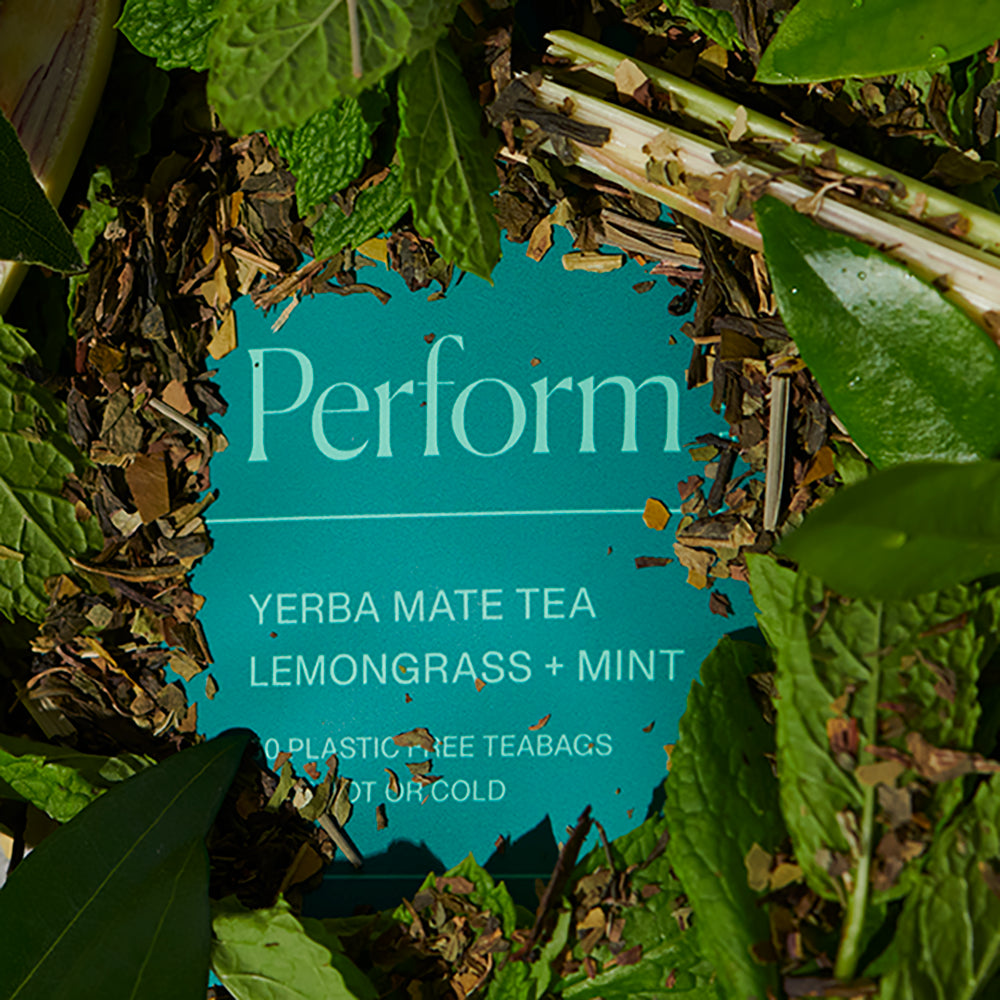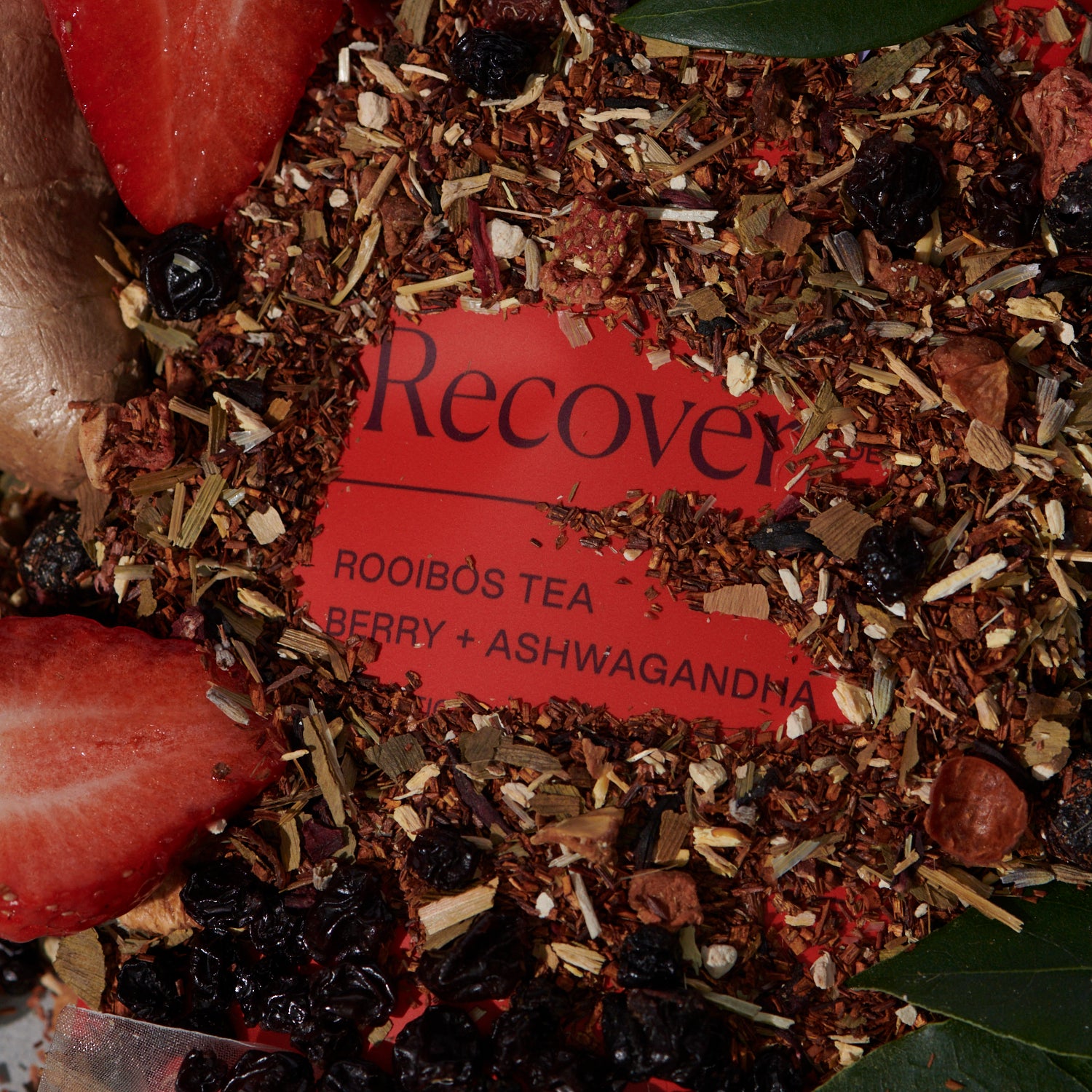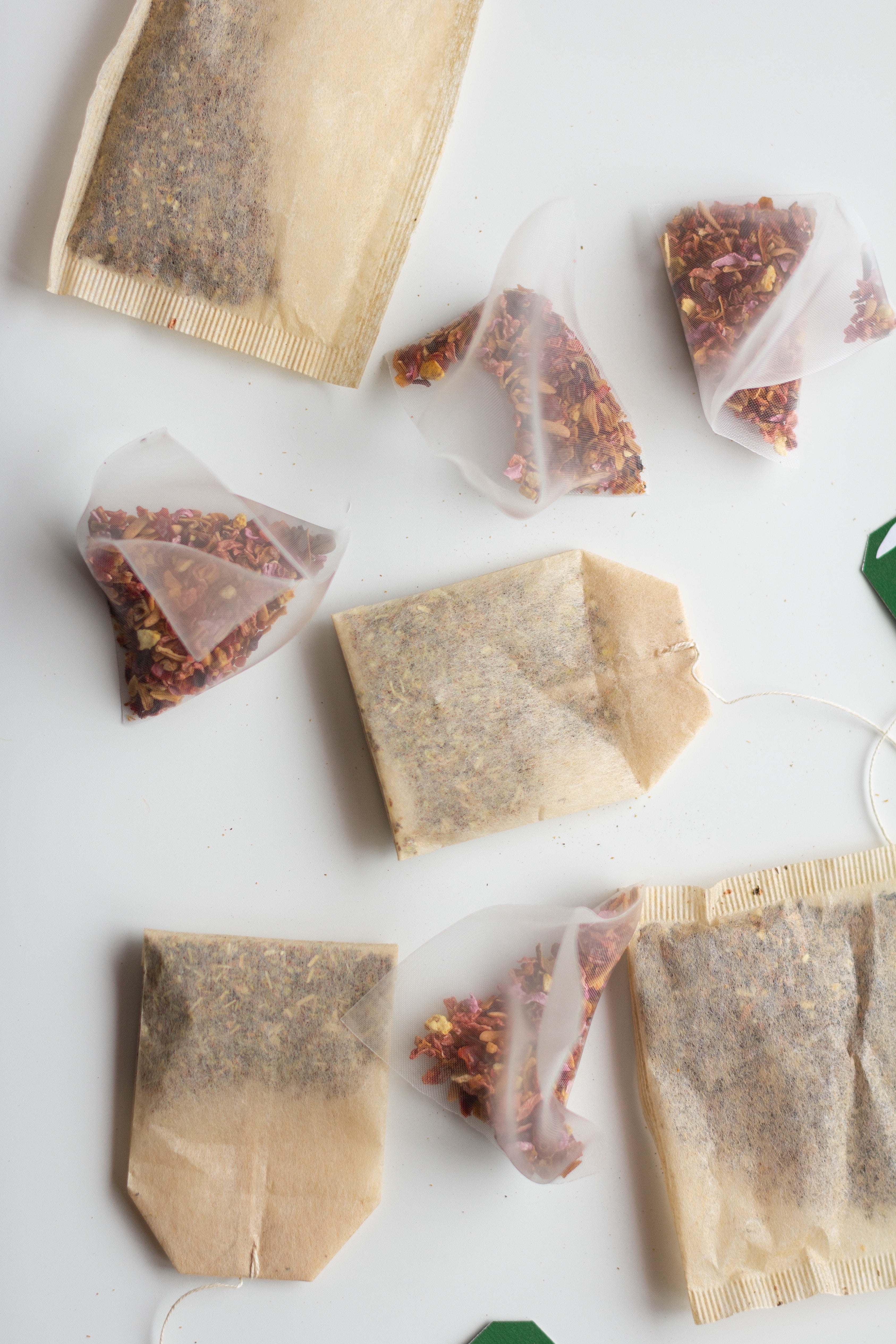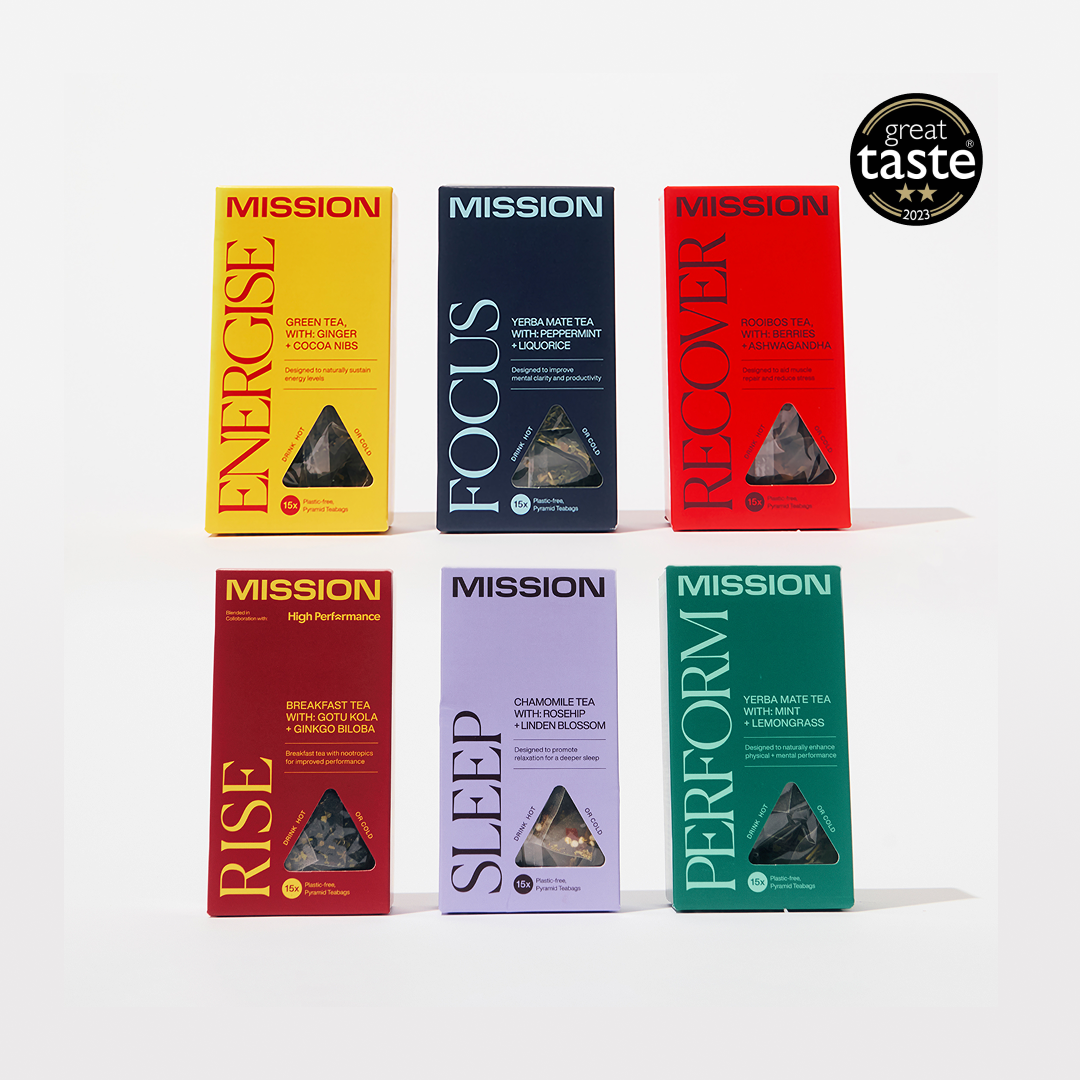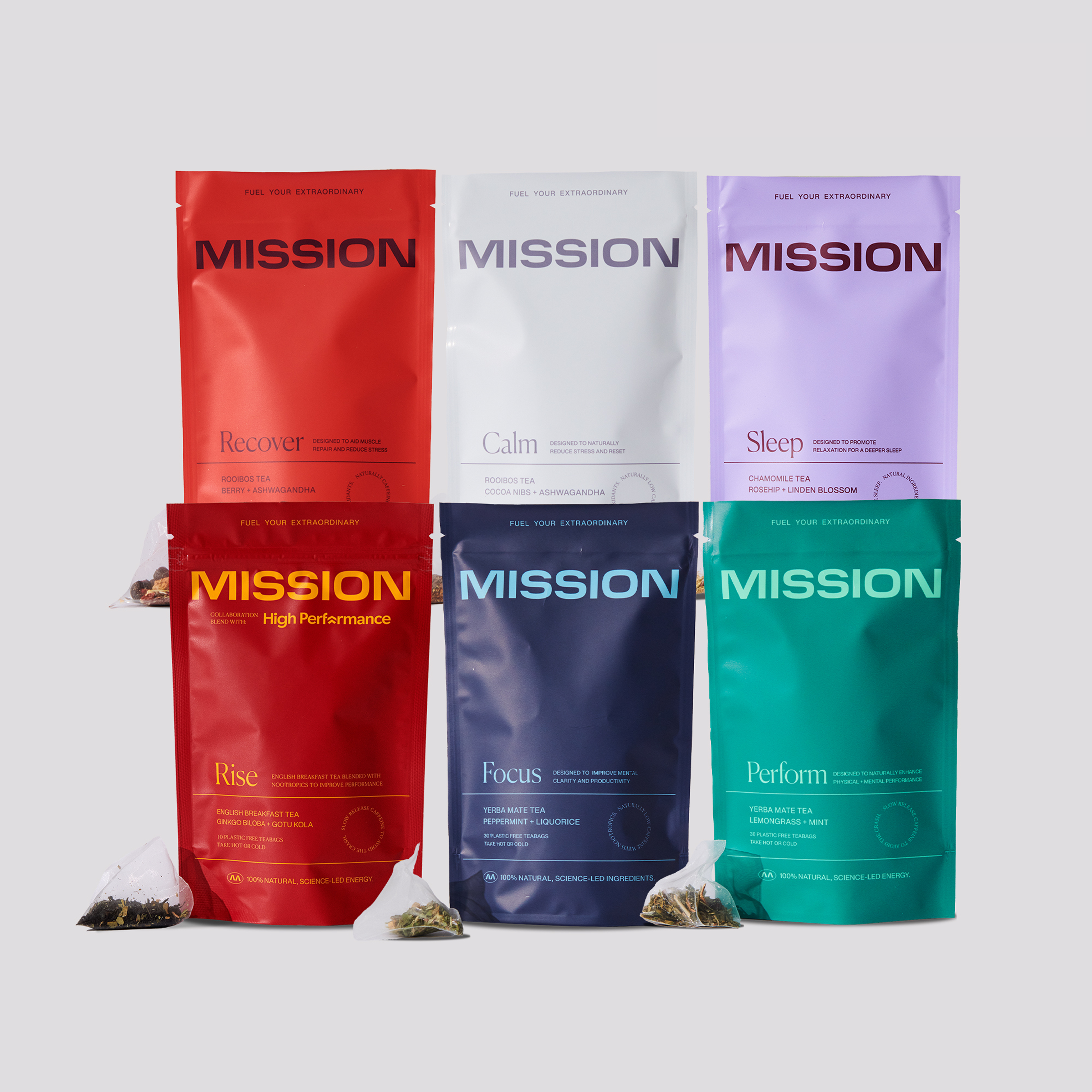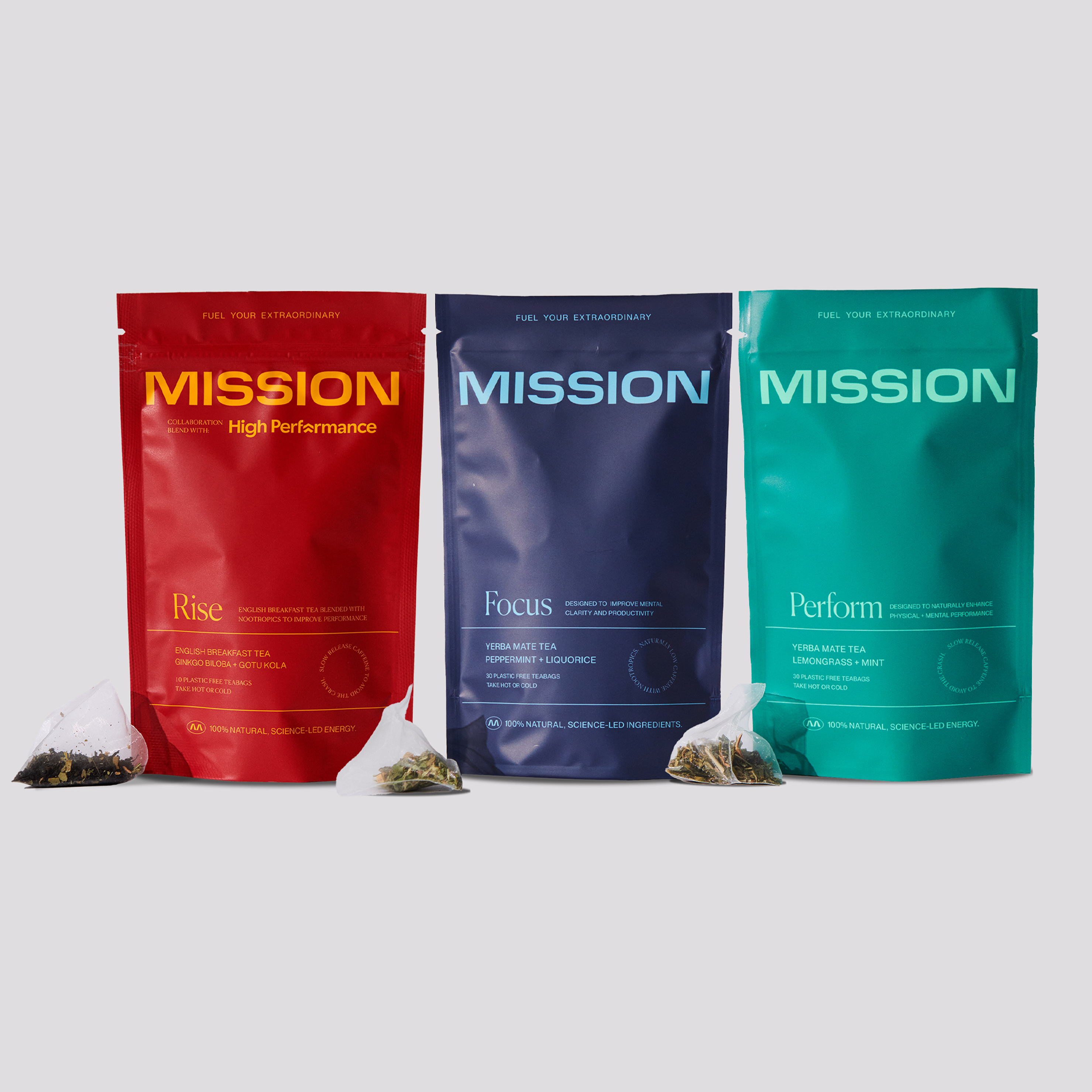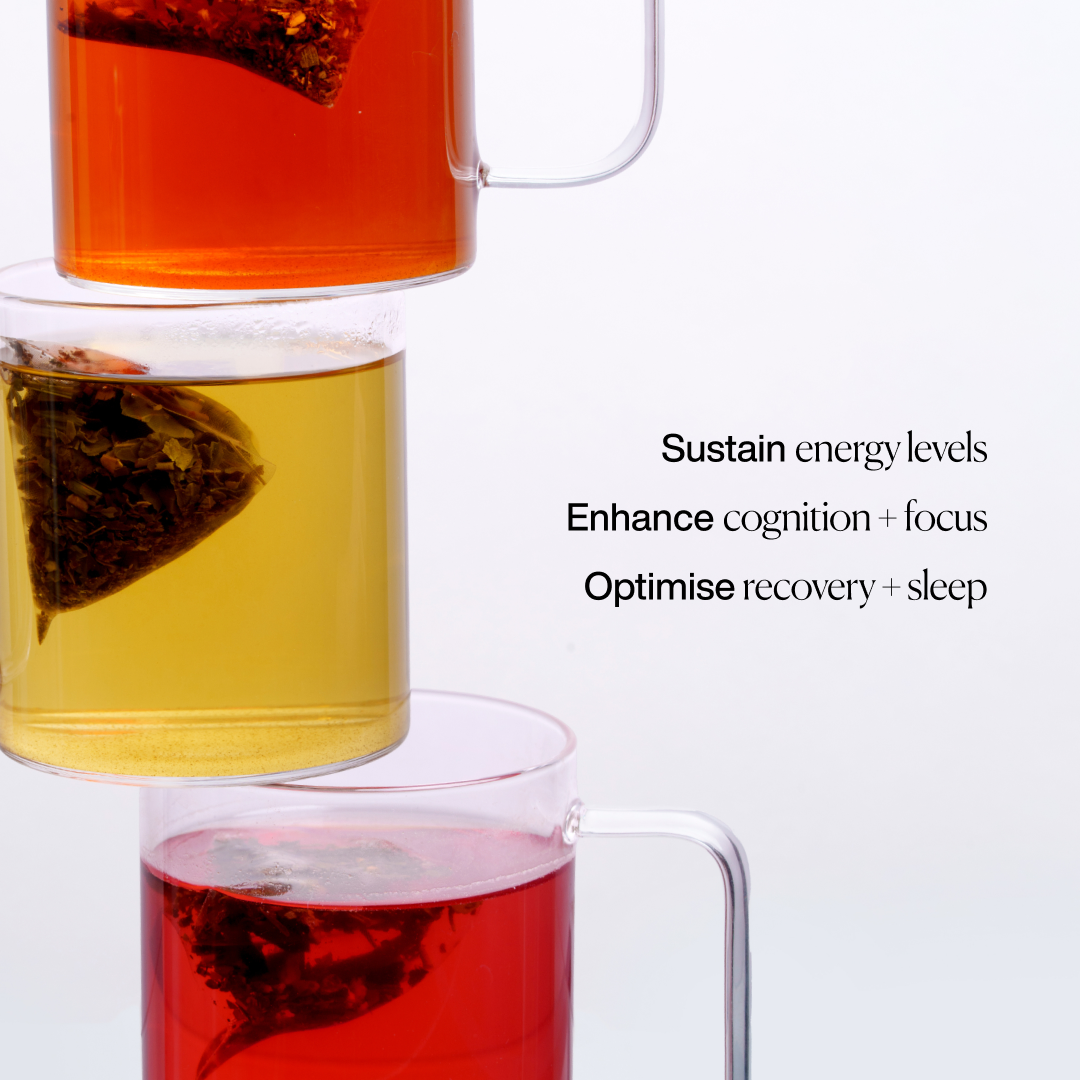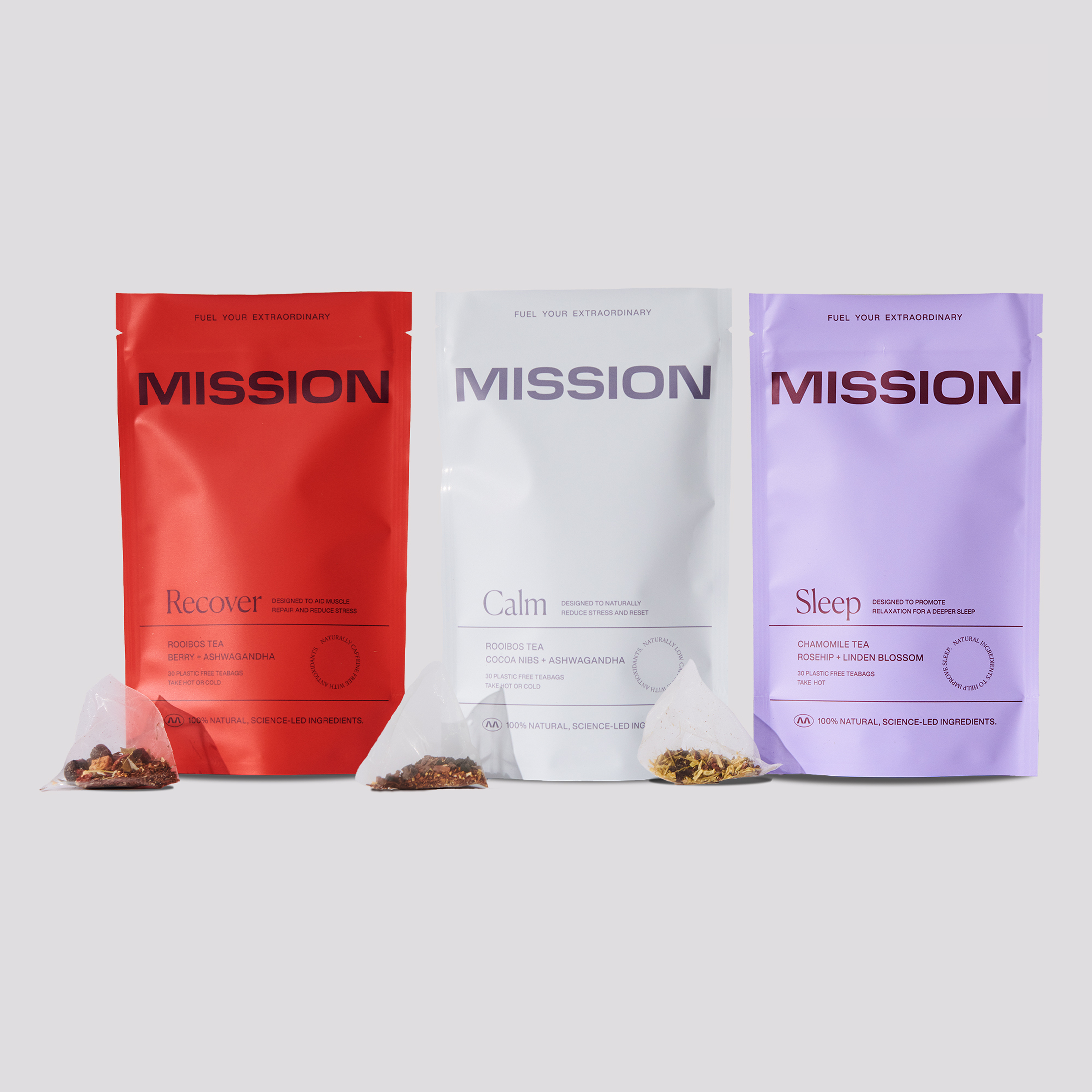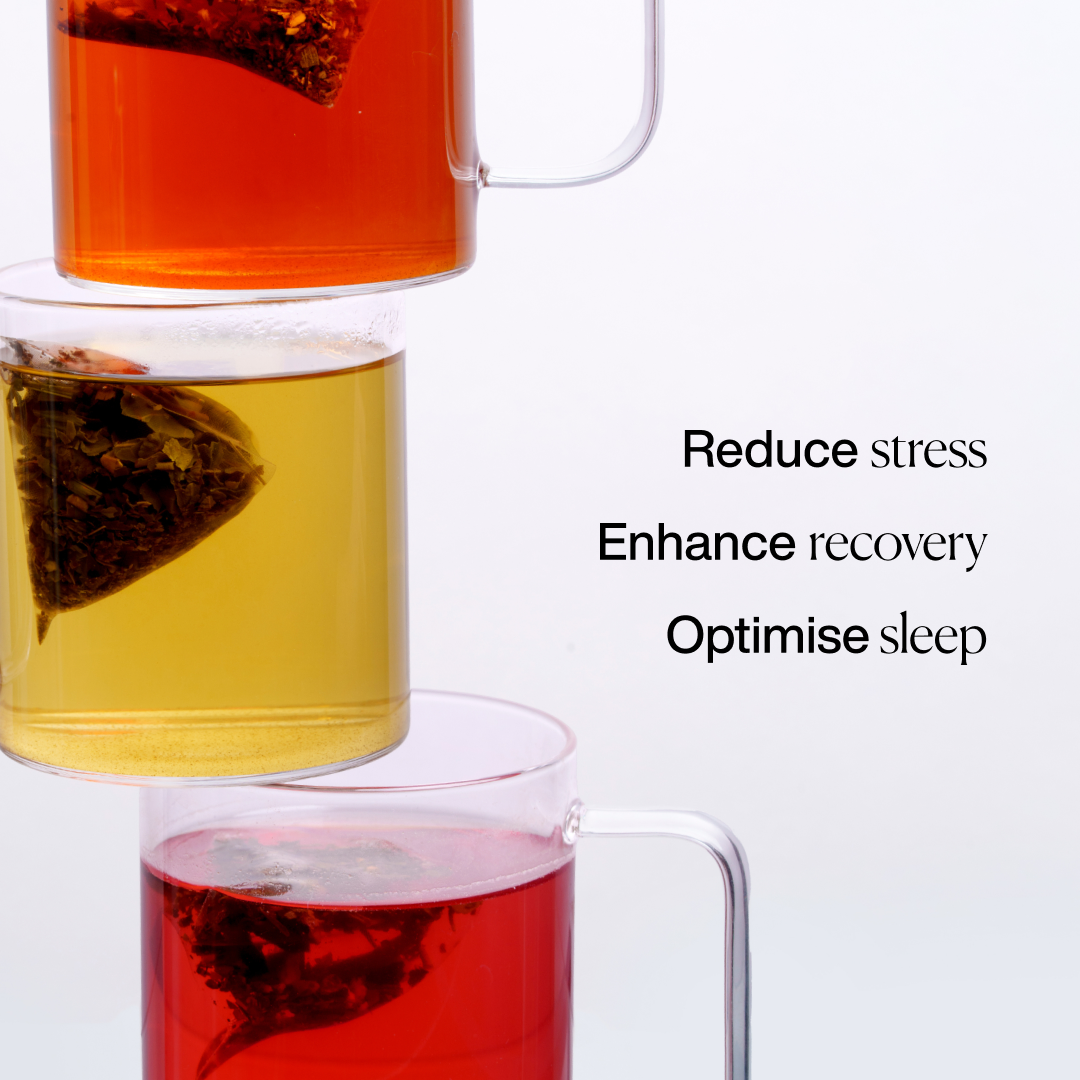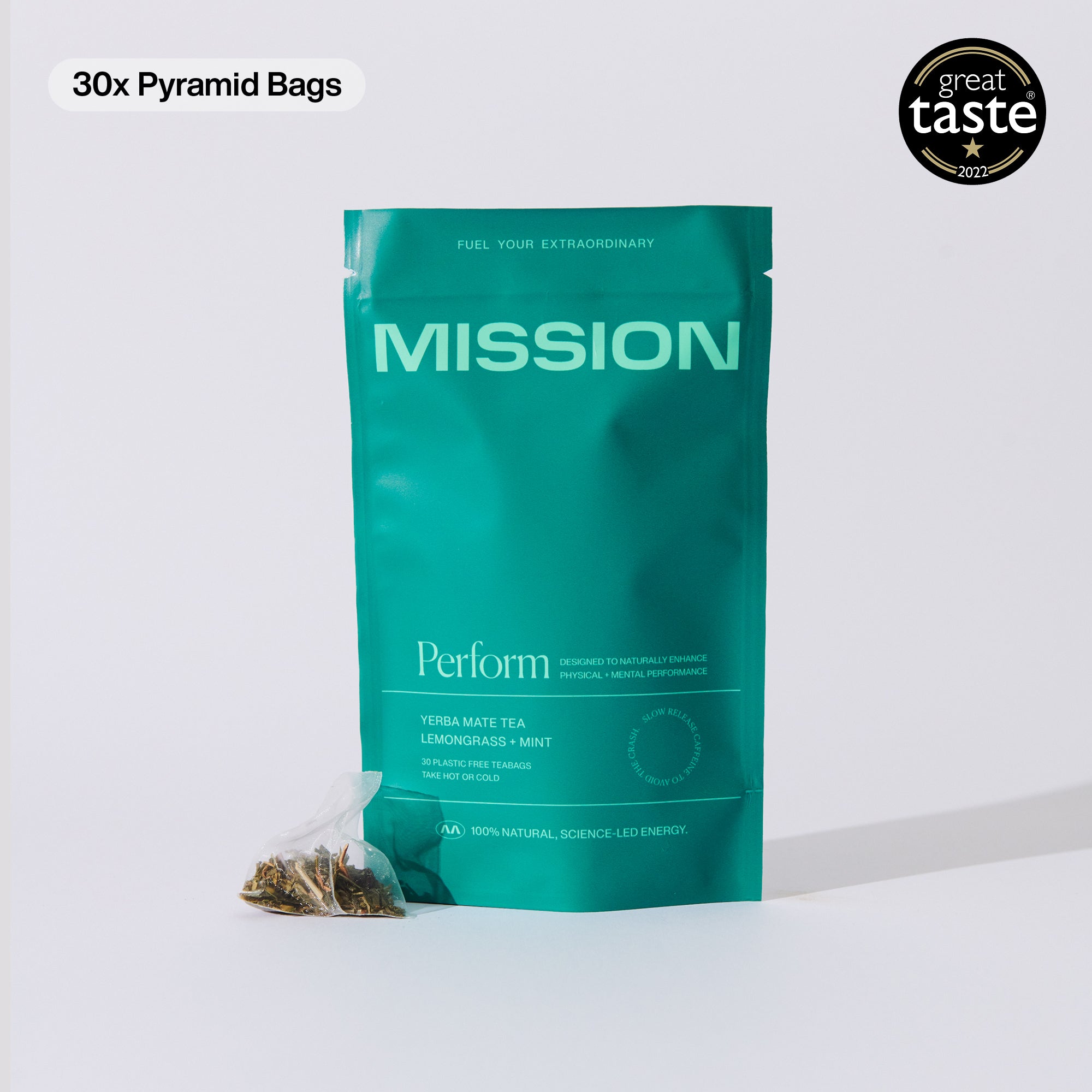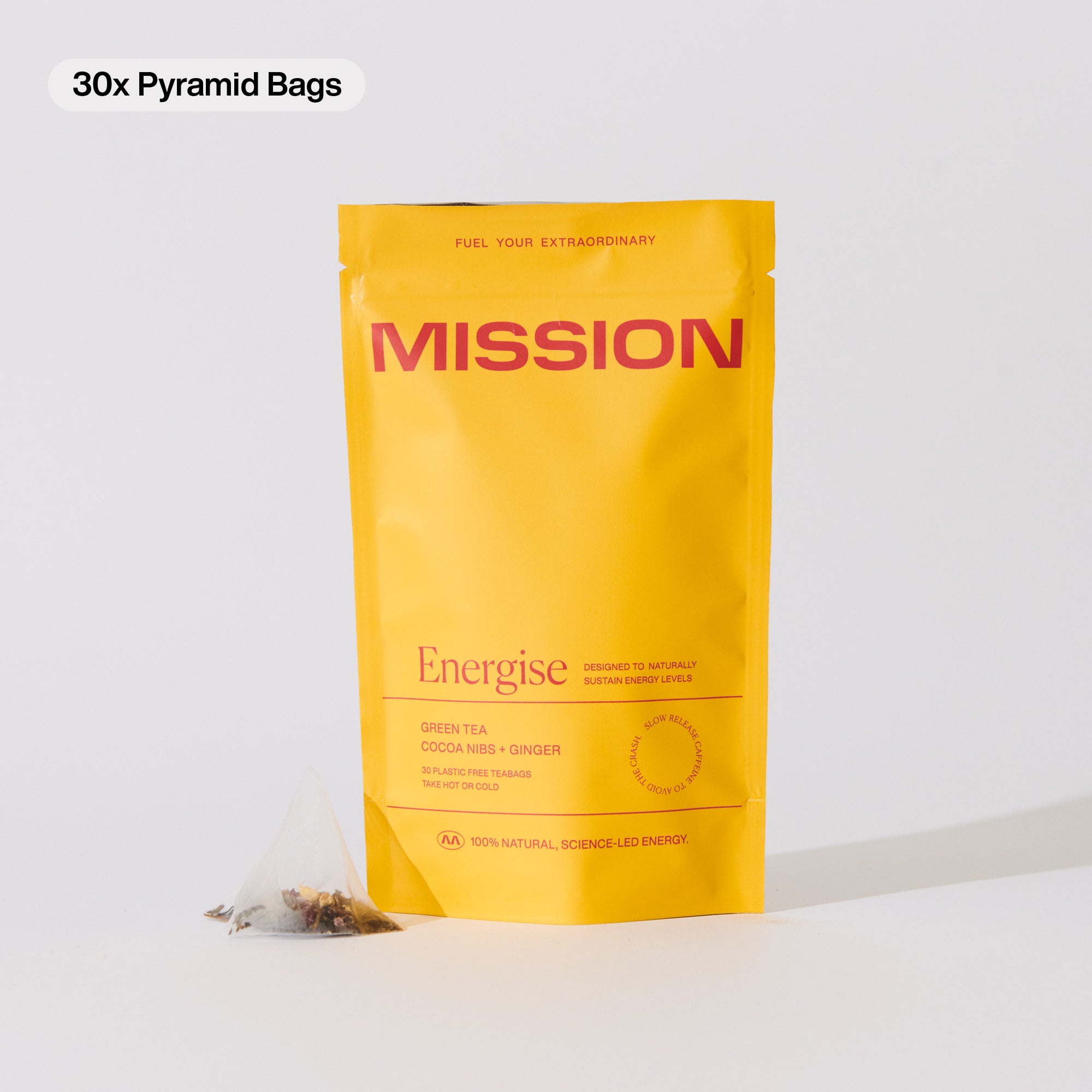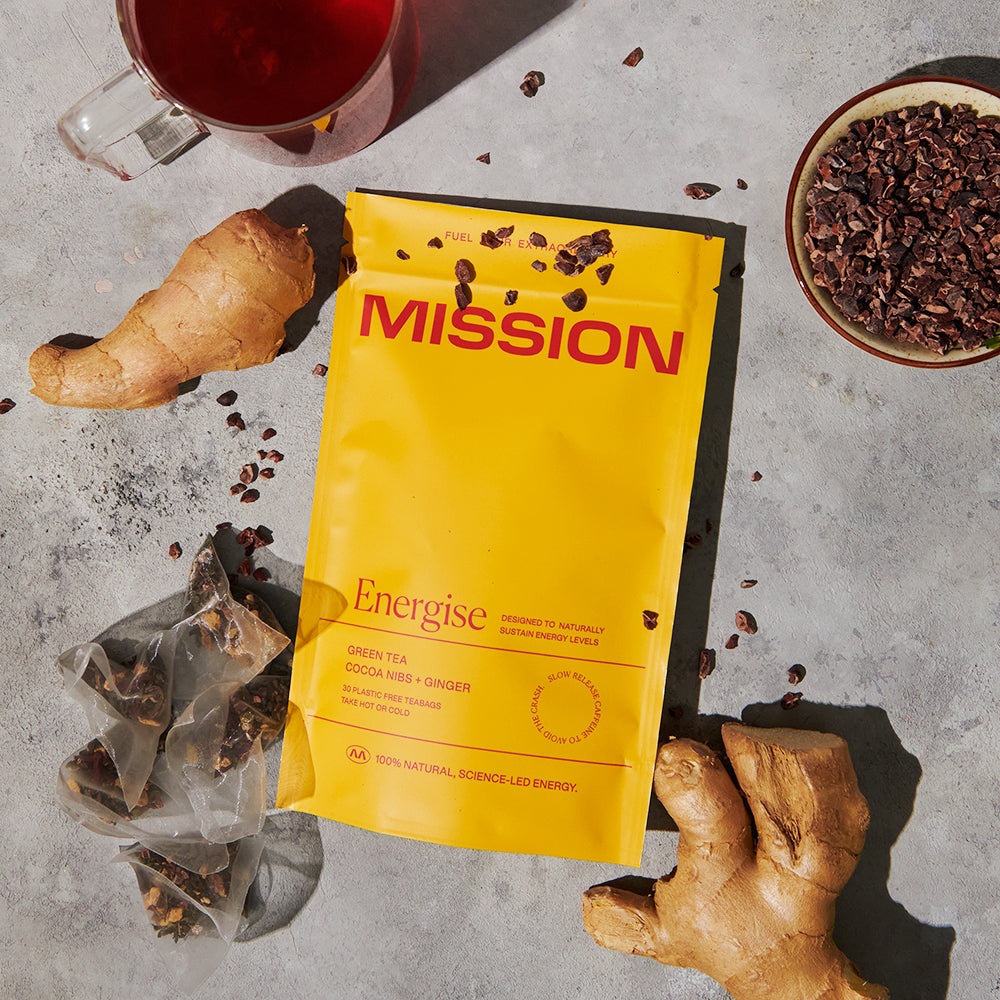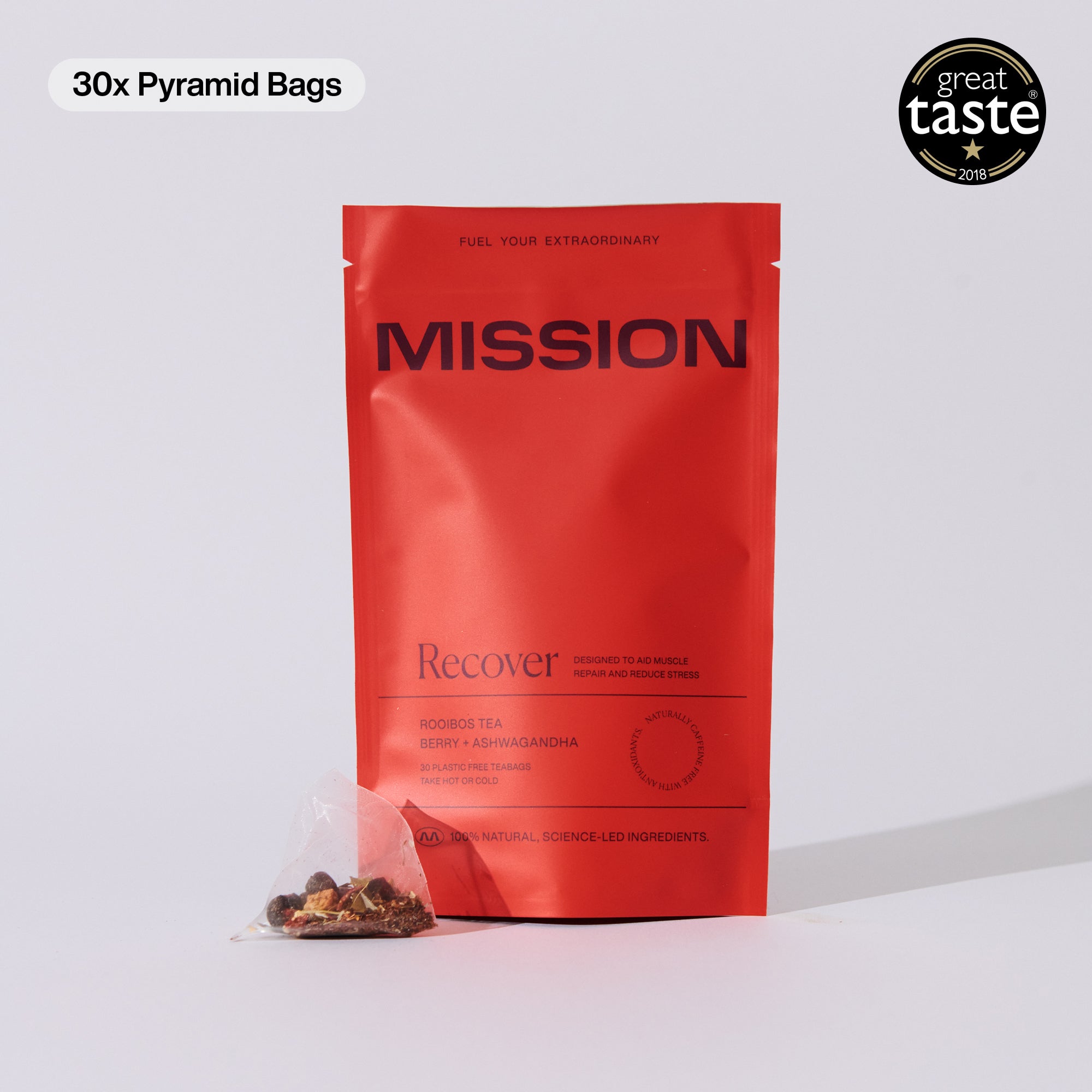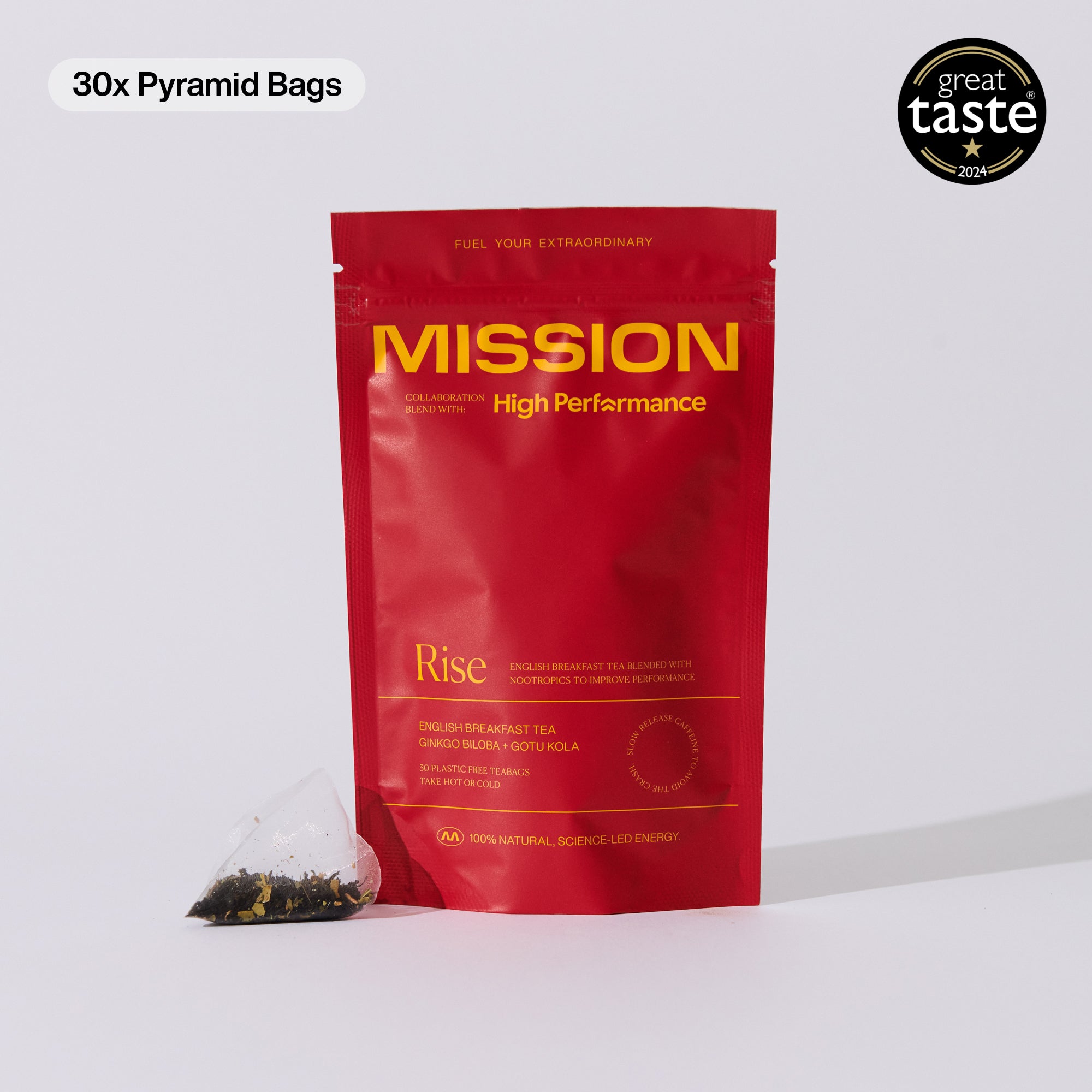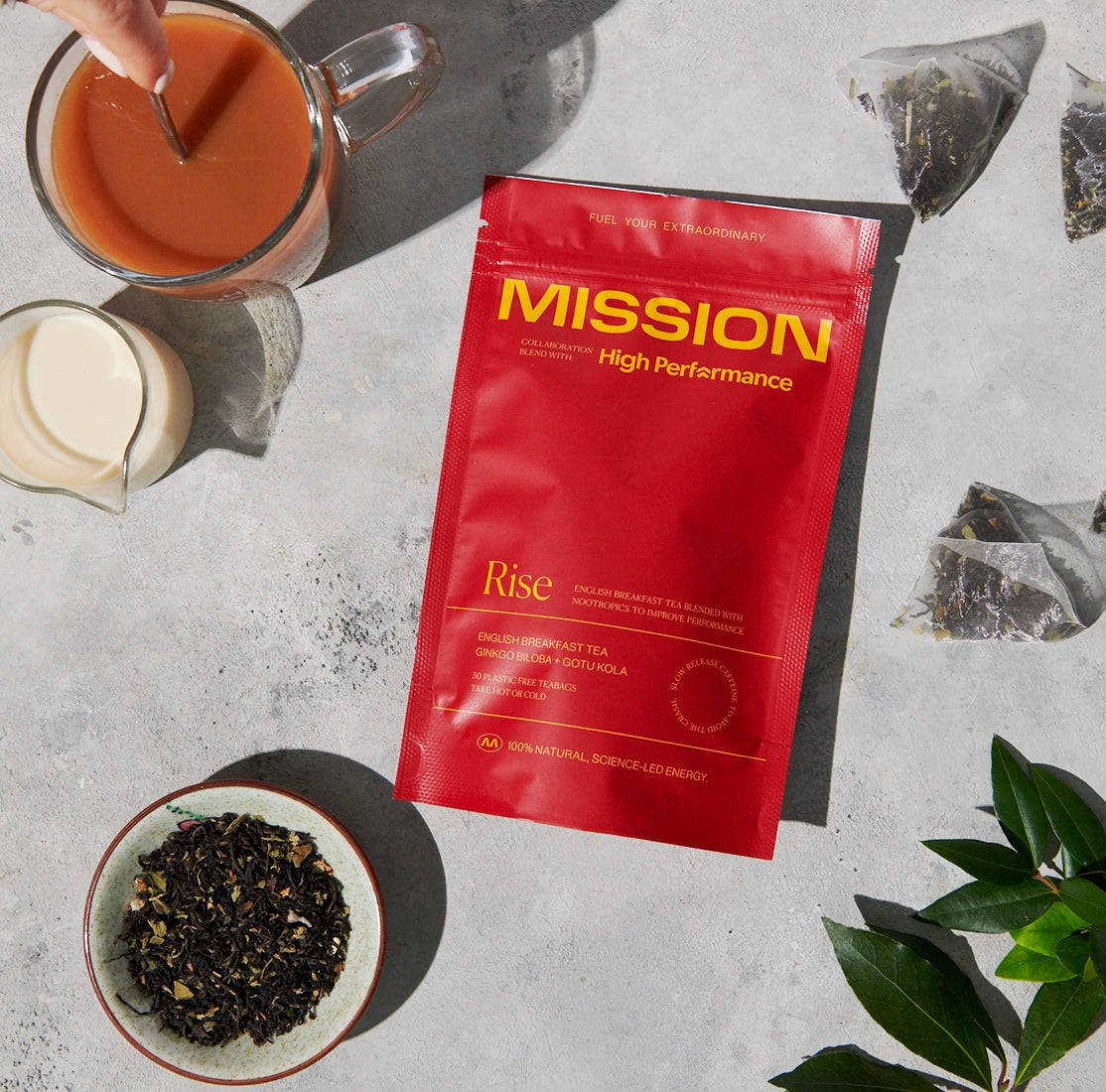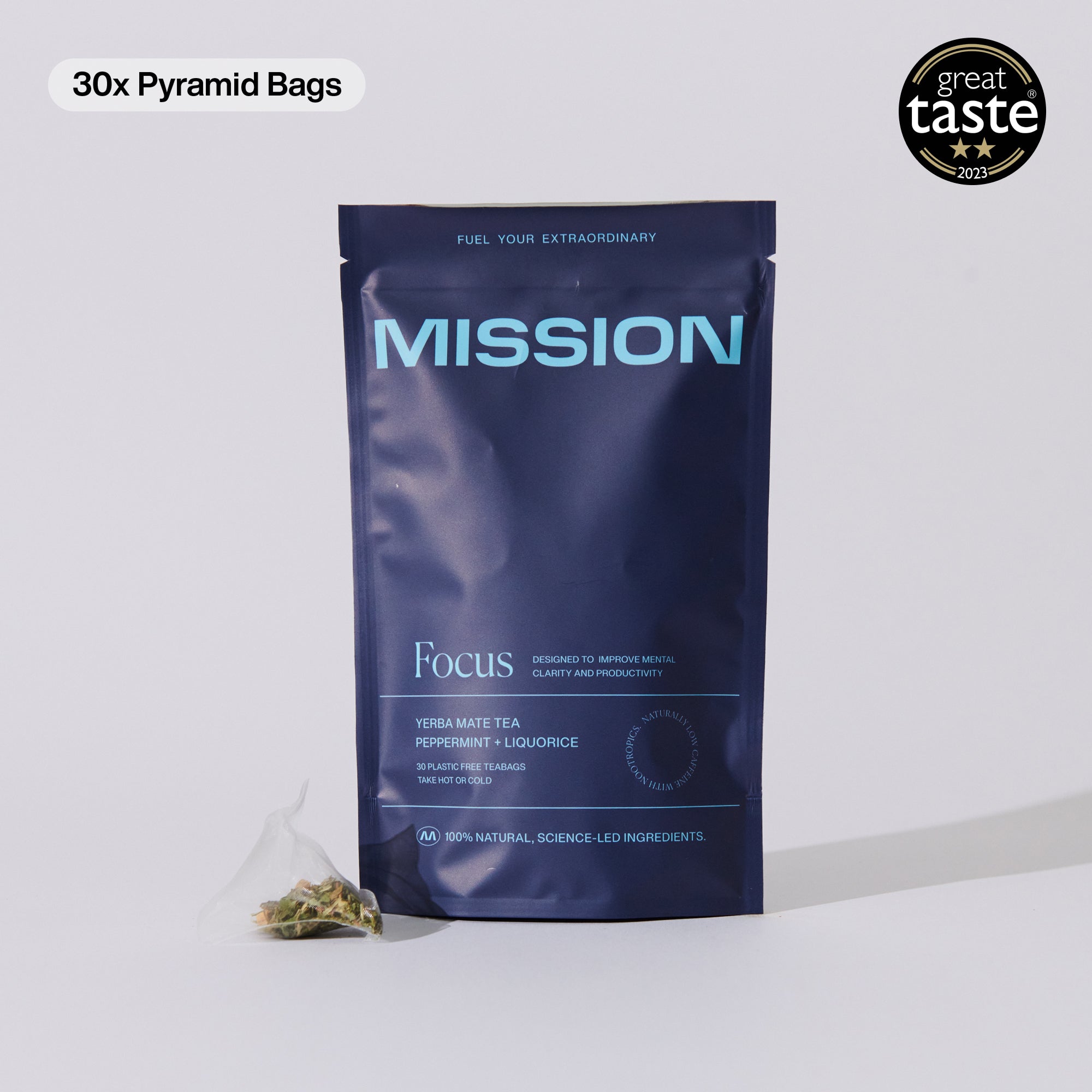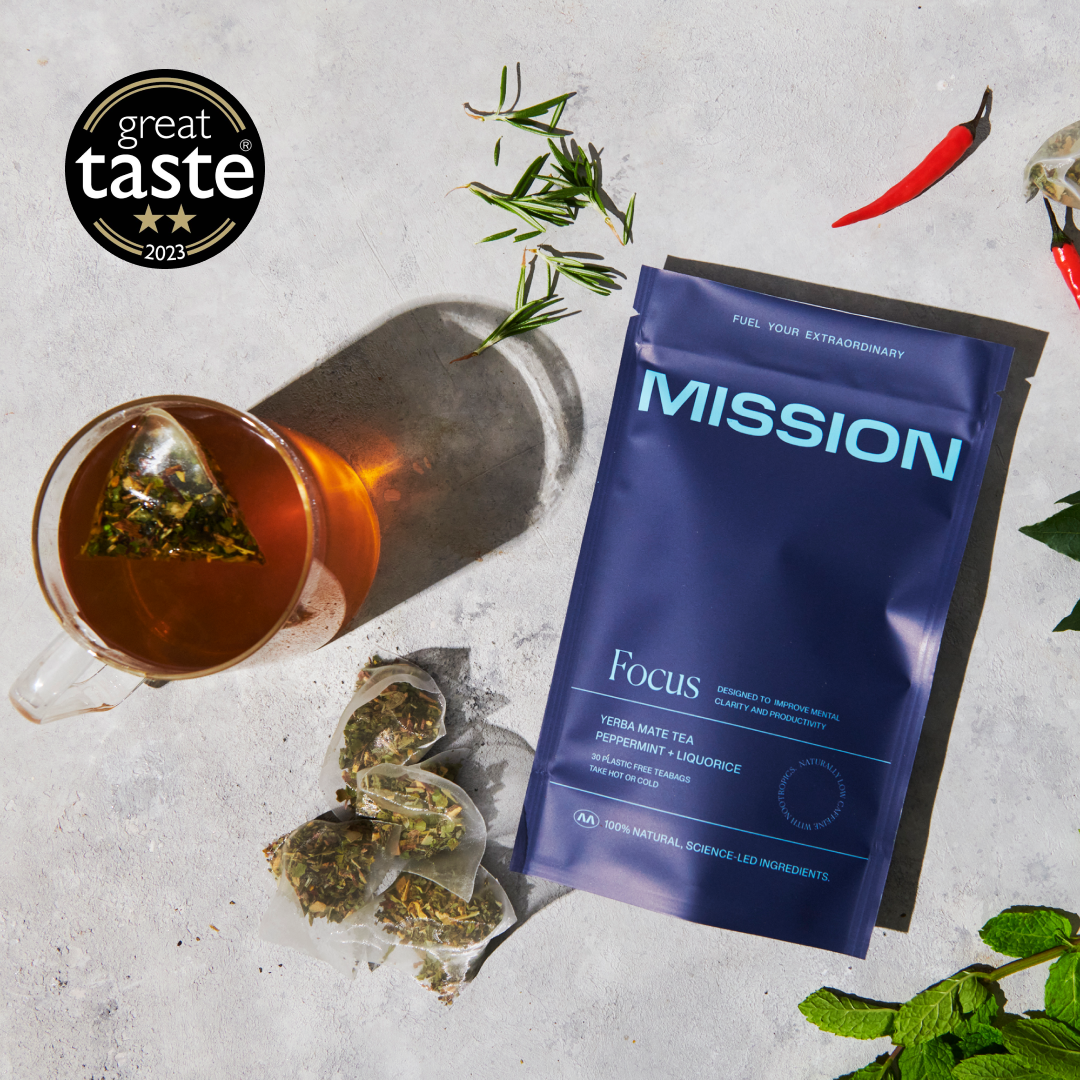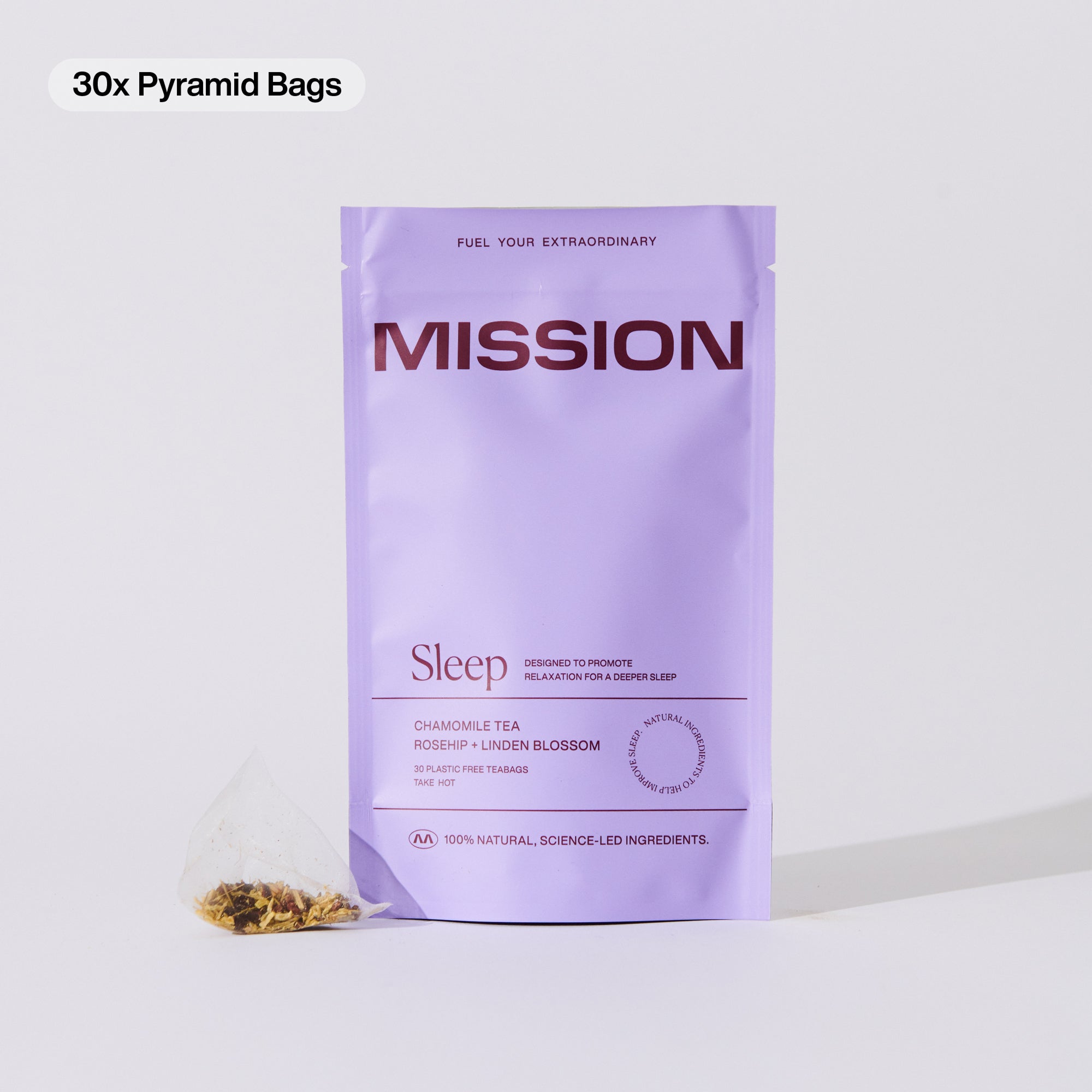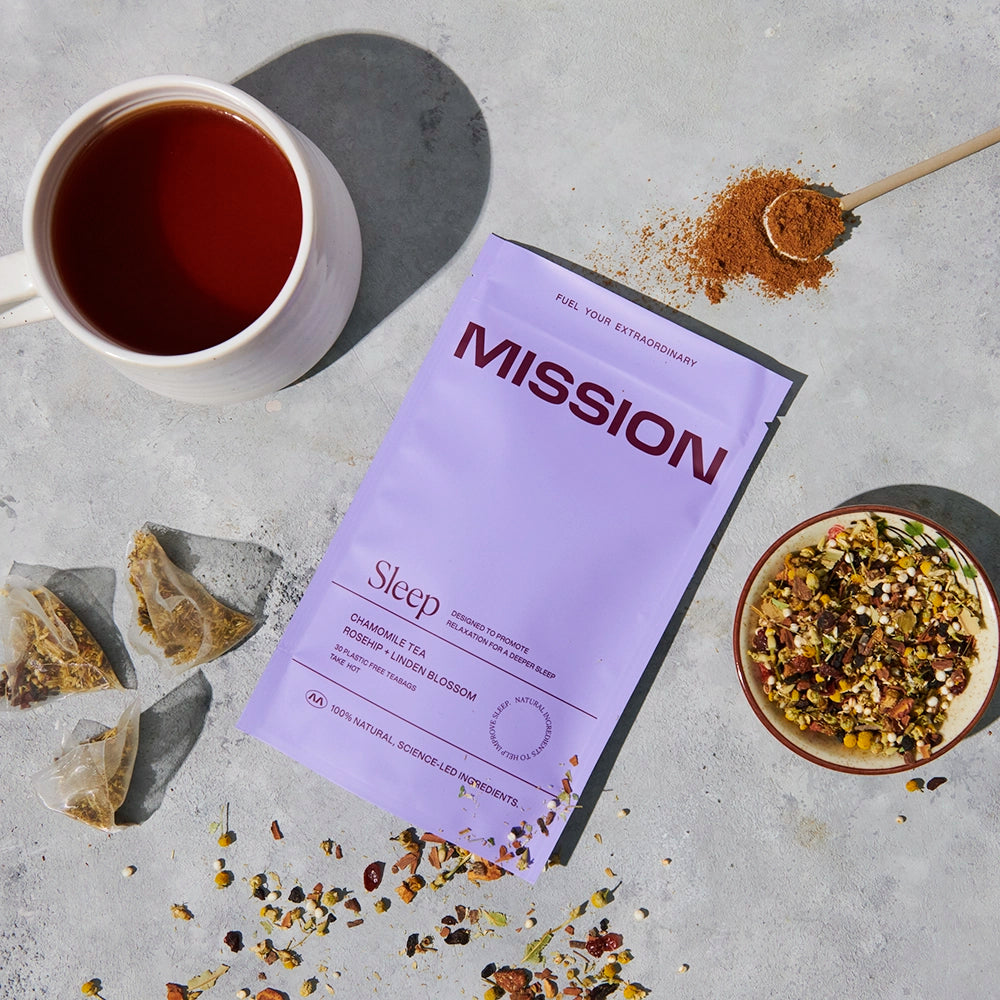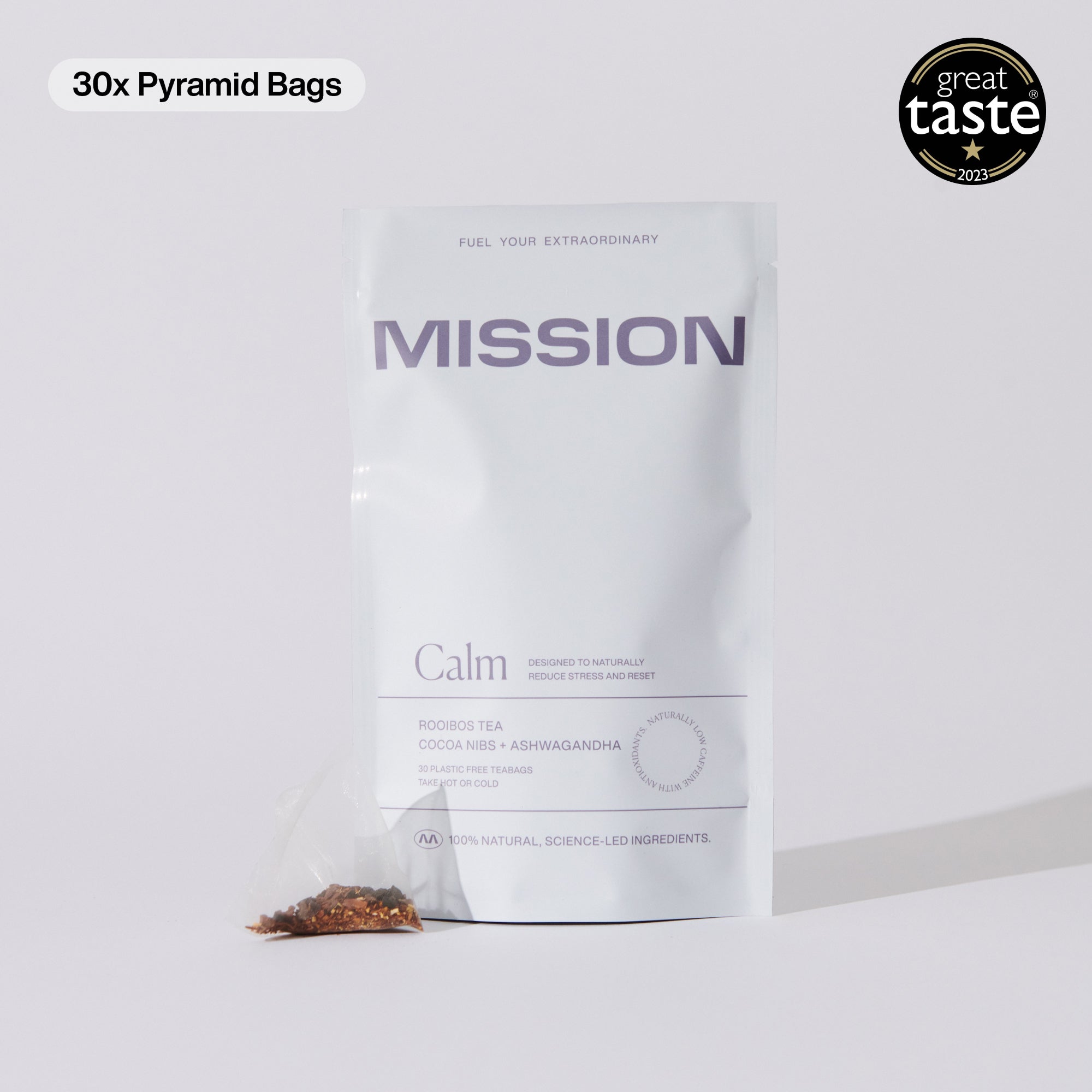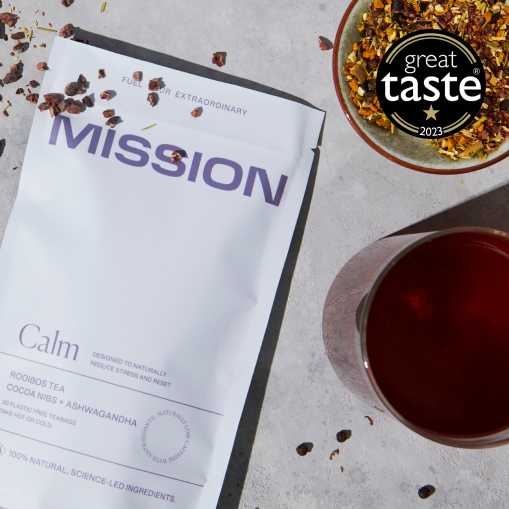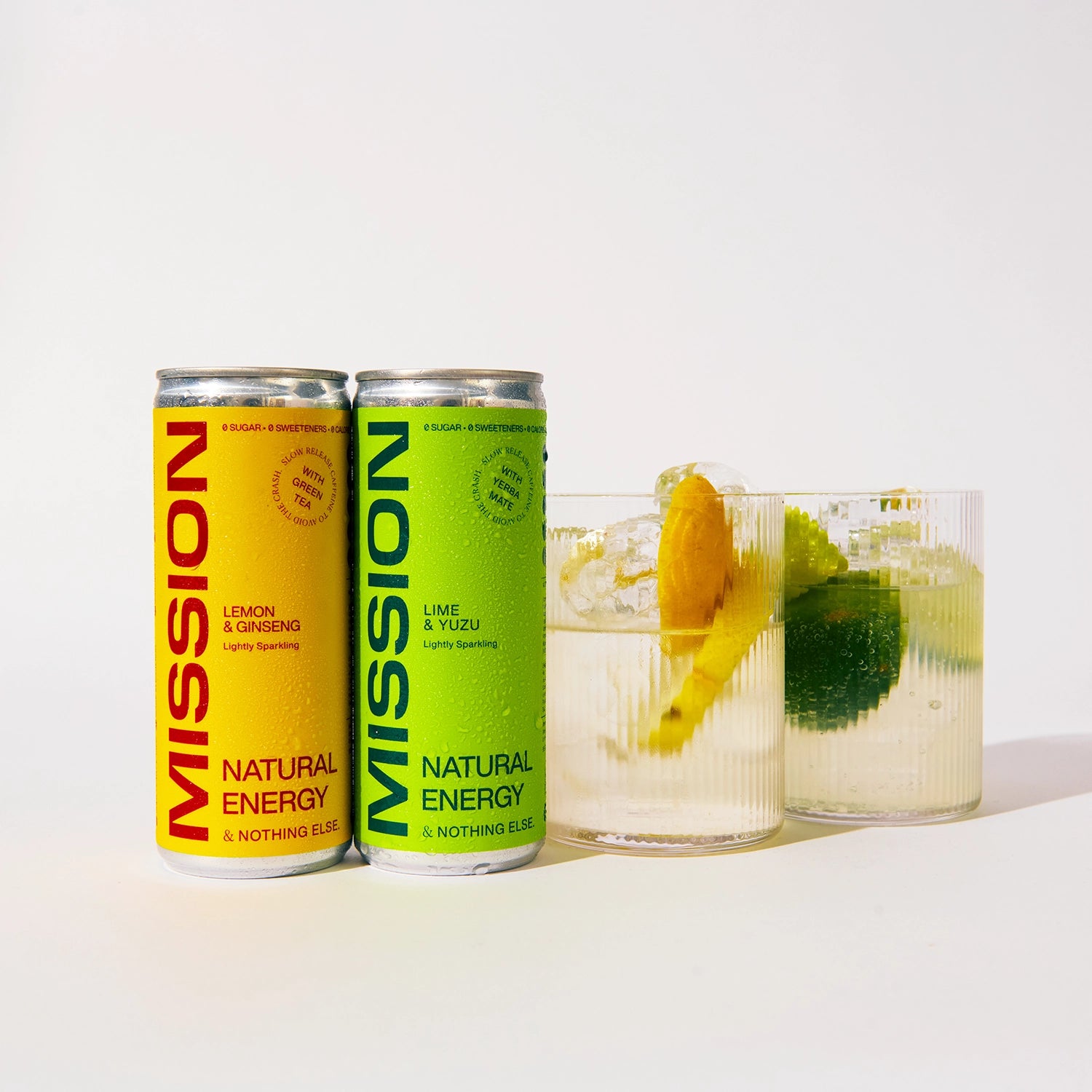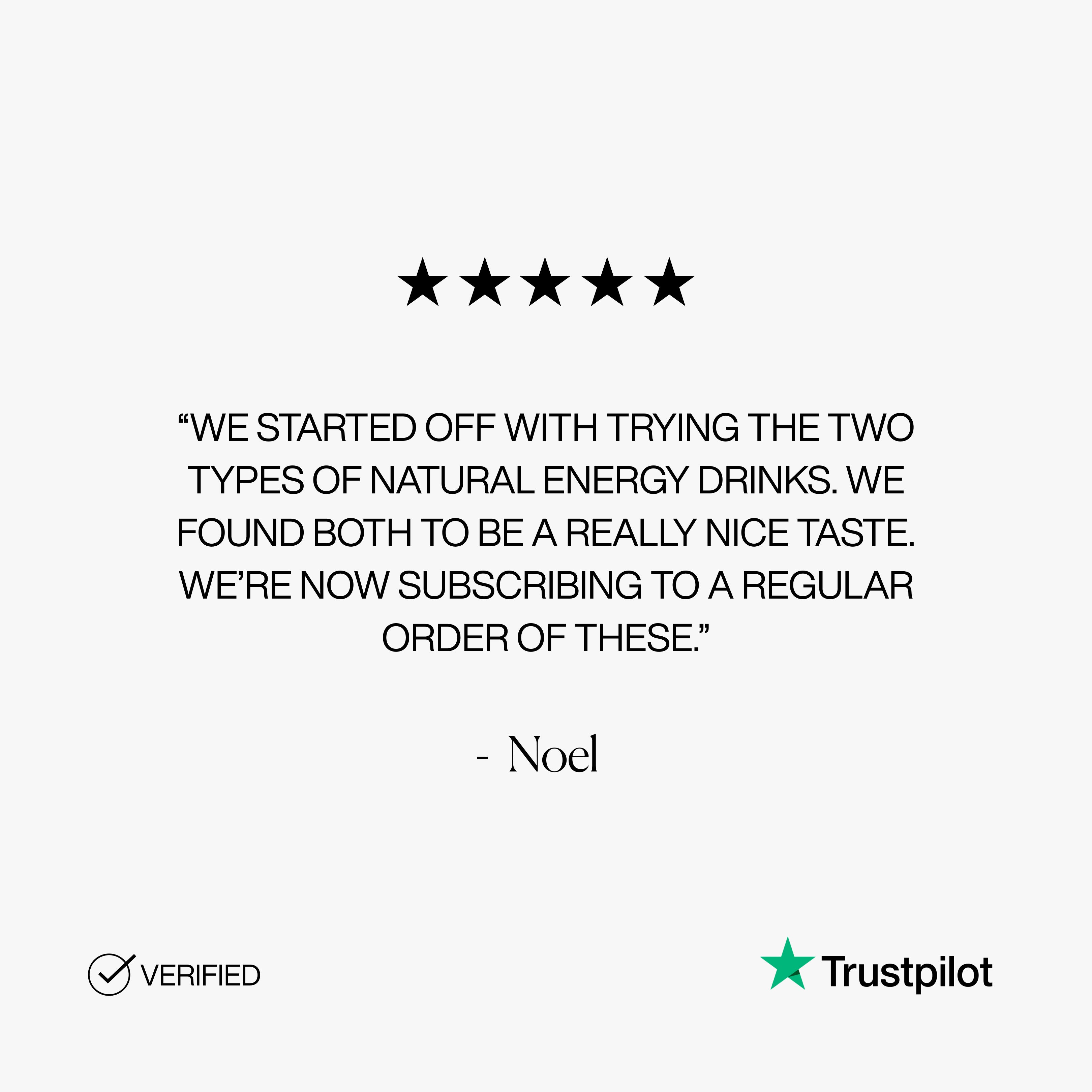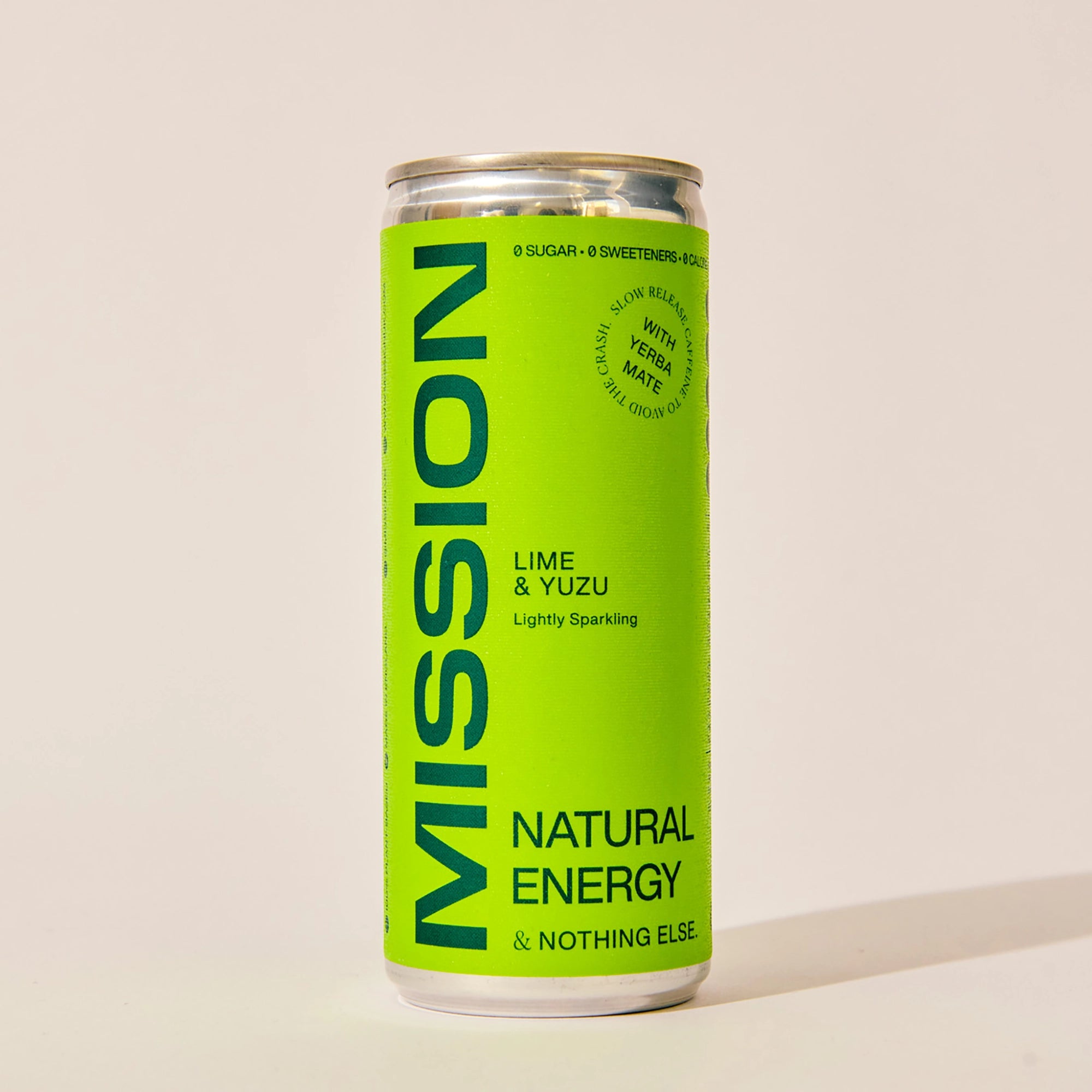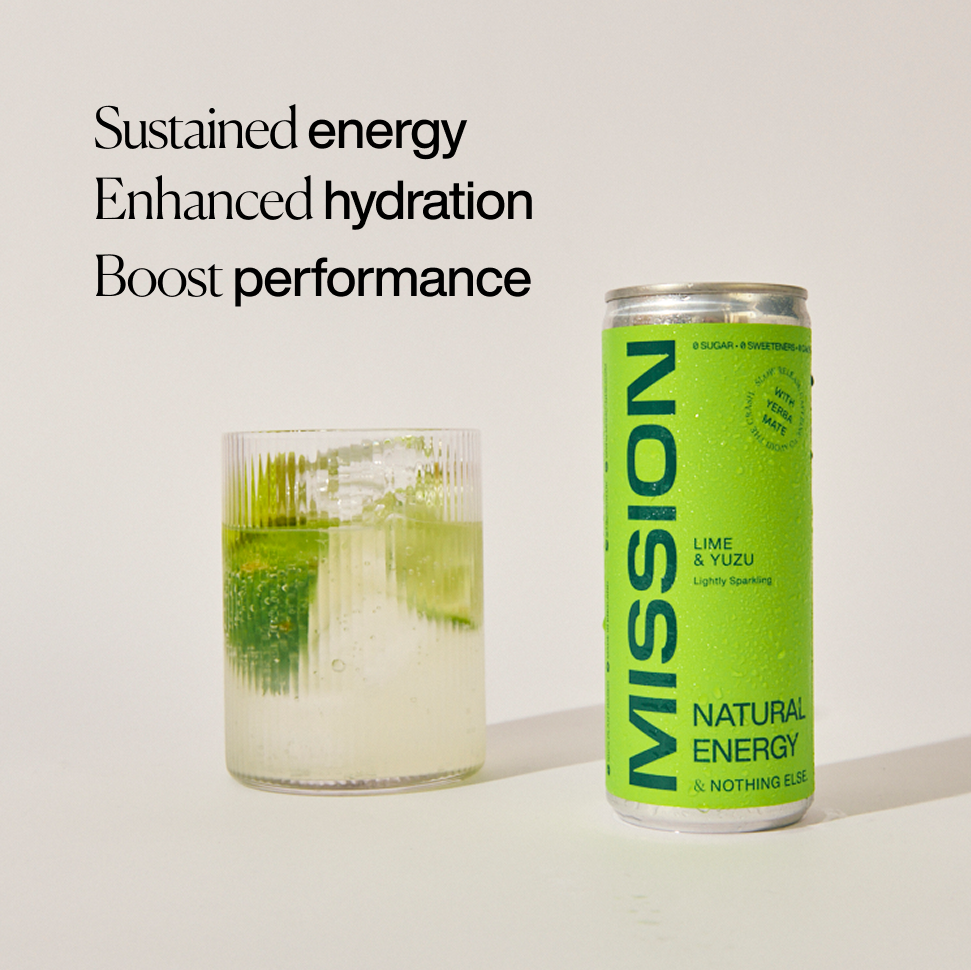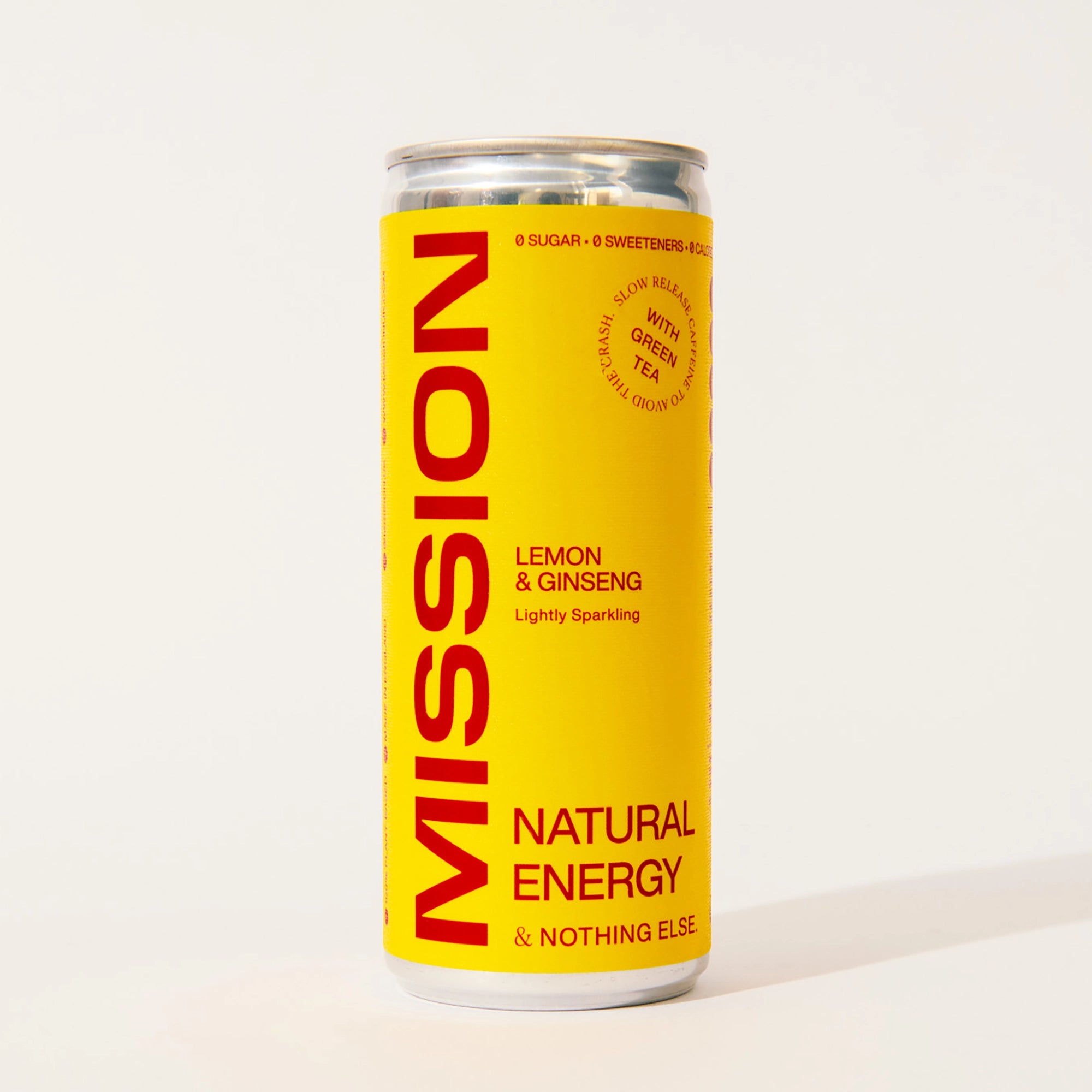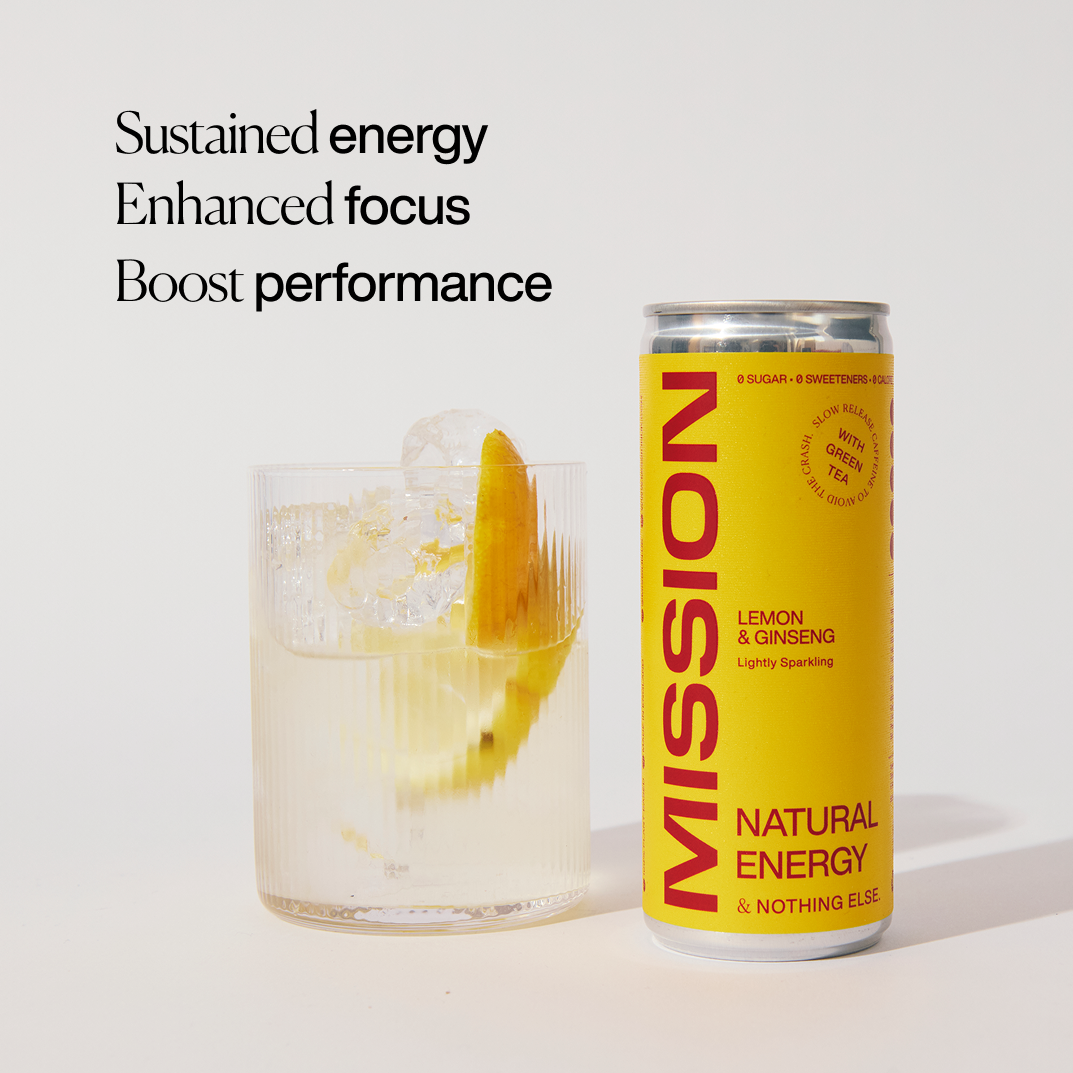Everything you need to know about plastic-free tea bags
As part of our focus on World Environment Day, this post is about raising awareness of plastic-free tea bags and the biodegradable technology that can help provide a more sustainable solution to our favourite drink.
Is there actually plastic in my tea bag?
Good question, the answer is maybe. While there are several brands (including Mission!) that don’t contain plastic, many still do. The culprit here is a plastic called polypropylene, which is the component in the bag that works as a heat sealant.
Are tea bags biodegradable?
Most components of a tea bag are biodegradable but the polypropylene element isn’t. While it may seem like a small amount of plastic, this is far from inconsequential.
The issue with this is the sheer volume of tea that we consume. As Jo Whitfield, CEO of Co-Op Food, recently pointed out: “When you consider the 6 billion cups of tea brewed up every year in the UK, we are looking at around 150 tonnes of polypropylene – that’s an enormous amount of accumulated plastic waste that is either contaminating food waste compost collections or simply going to landfill."
Do Mission make sustainable, plastic-free tea bags?
Yes. We are committed to environmental sustainability, starting with our pyramid tea bags. Our tea bags are made from a 100% biodegradable corn starch, a pioneering design developed in Japan that is both safe and non-toxic. The cornstarch is completely biodegradable.

Can I put my teabags in the compost?
Yes, provided they are compostable or biodegradable tea bags like ours. If you put tea bags containing polypropylene then it will contaminate food waste compost.



